TFS Web-client provides a "board" view under the backlog tab which shows the sum of Remaining work for a User Story based on the Sum of Remaining Work for it's child tasks.
I have also tried exporting to Excel and using a Pivot table, but there are no obvious links between the work items (as far as I can tell).
I saw this question but I can't tell if that is the same idea.
Also, this item might be similar, but no responses were received yet.
Can it be done out-of-the-box in Visual Studio TFS?
Does it require coding?
Are there plugins available? I've looked at TFSAggregator on Github and that might work but I'd like to avoid server-side plugins if possible.
